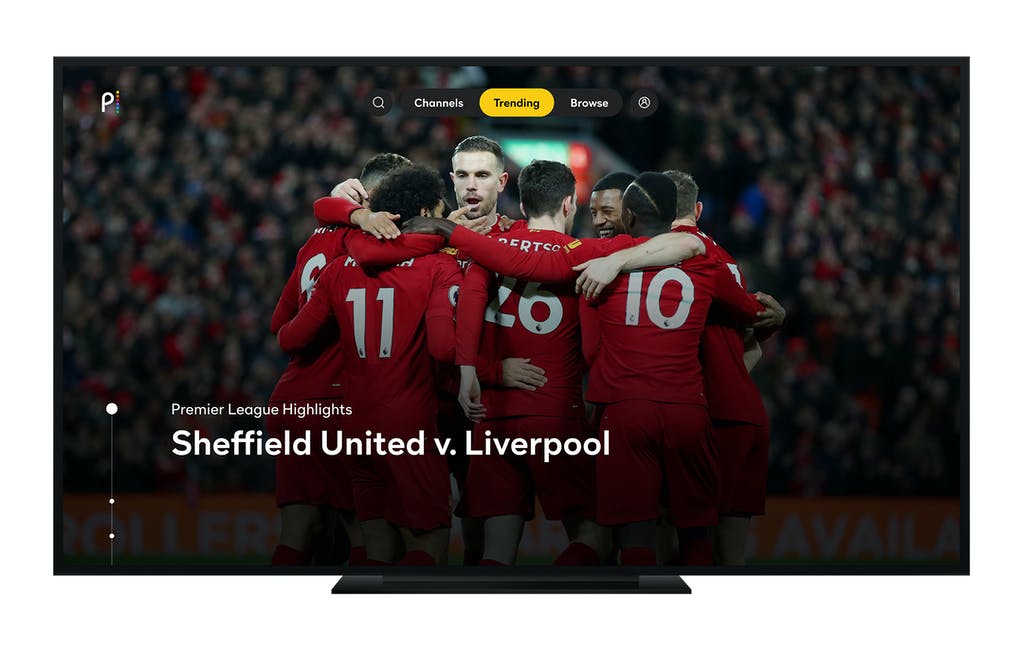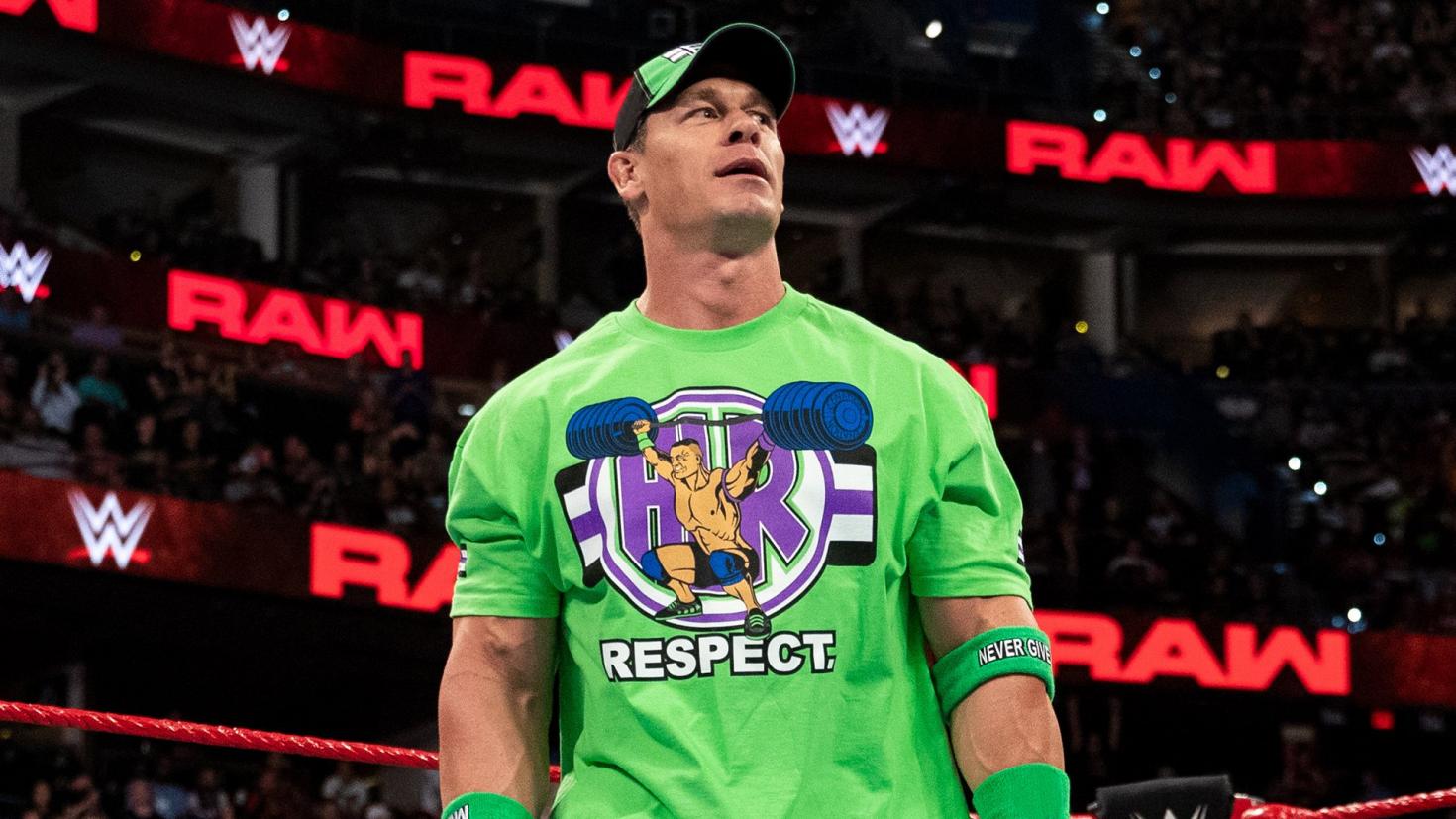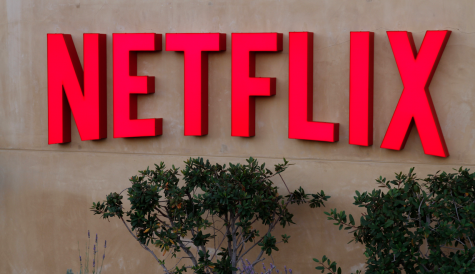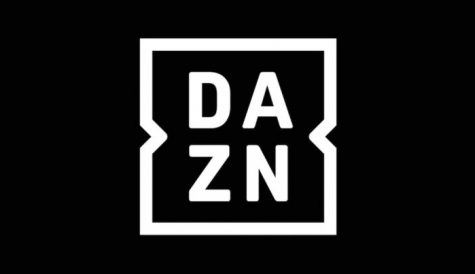In the streaming wars, Peacock’s secret weapon is sports

With just over six months on the market, NBCUniversal’s Peacock is now at 33 million users.
I previously described Peacock as “the low-risk streamer presenting significant results”, but this week’s deal to effectively buy the WWE Network in a deal worth a reported US$1 billion shows that the Comcast-owned NBCU is willing to splash the cash in order to succeed.
Long before the days of DAZN, WWE Network was one of the first specialist sports streaming services when it launched in 2014. Building up more than 17,000 hours of content and around 1.1 million US subscribers since, the service completely changed the game for the industry by moving away from expensive pay-per-view events to a low-cost monthly subscription.
Its users are set to benefit even more, with those paying US$9.99 per month set to be swapped to Peacock’s US$4.99 premium tier for all the same WWE content along with everything that NBC’s streamer has to offer.
As Peacock’s executive vice president and chief revenue officer Rick Cordella put it: “WWE Network is a transformative addition to the platform and complements Peacock’s massive catalog of iconic movies and shows.”
NBCU CEO Jeff Shell echoed this sentiment on the company’s year-end earnings call, saying: “WWE is kind of a perfect property for us, because it allows us to be number one. Thousands of hours of programming that were behind a paywall that will now put on the free service of Peacock, which will not only enhance the brand of WWE, but we can monetise on advertising. We get the events that were behind a paywall that used to be pay per view and can drive our US$4.99 Premium version of Peacock.”

WWE Network will launch on Peacock in March, ahead of the promotion’s marquee Wrestlemania event, the biggest show in the Western pro wrestling calendar. The show, which last year cost PPV buyers US$59.99, should serve as a successful way of attracting sign ups. (Coincidently, one entire year of Peacock’s US$4.99 premium tier, which includes WWE, would cost one penny less than buying the event as a standalone purchase.)
In the same week, NBCU also said that it will shut down its dedicated sports network at the end of 2021 to emphasise and enhance Peacock’s sports offering and the linear USA Network. Peacock is already playing host to more than 175 English Premier League matches this season, and NBCU will renegotiate its broadcast deal at the end of the season with a view towards increasing this figure.
All this is to say that despite all the attention being placed on The Office as a means of attracting viewers – and the show managed to capture 9.2% of all US streaming for the first week of the year – it may be sports and live streaming that proves to be Peacock’s secret weapon in the coming months and years.
It may not be at the focal point of much reporting around Peacock, but NBCU has been open in saying it is a key driver for the streamer. Speaking this week, Shell said: “We’ve talked in previous quarters about how EPL has really worked for us, and how those viewers also came in and, to our surprise, a much greater percentage of them then tune into other things like Yellowstone or comedy. So, we believe, there’s kind of an ecosystem here.”
But while the English Premier League has people tuning in on a weekly basis, the shiniest crown jewel in Peacock’s sports arsenal is the Olympic Games.
Olympic gains
Initially billed as the launch event for Peacock, there was genuine discussion from pundits as to whether NBCUniversal should have delayed the rollout when the event was pushed back by a year. NBCU has evidently been vindicated to the tune of 33 million subscribers, but the Games arguably would’ve seen those numbers even higher.
 As Comcast CEO Brian Roberts told investors “that was going to be the big launch moment” and that despite the “outstanding job” done on the rollout, “everyone would want to have an even better [start] than that, perhaps.”
As Comcast CEO Brian Roberts told investors “that was going to be the big launch moment” and that despite the “outstanding job” done on the rollout, “everyone would want to have an even better [start] than that, perhaps.”
The Olympics, which have historically been dominated by the US, were to be offered to Peacock’s free users. The Games have largely been restricted to cable TV subscribers in the country, meaning that the 2020 Olympics should have been the most accessible ever to US viewers.
While the Japanese government has played down speculation of a further delay or cancellation, concerns are continuing to mount as to whether it would be safe or even possible to stage the event.
Roberts, buoyed by a year which by the company’s admission exceeded “all of our internal targets,” said that he believes “there will be an Olympics.” He did however admit that “if in the event, it doesn’t happen, we have another Olympics coming in Beijing, seven months later or so,” indicating a more relaxed approach.
Untarnished feathers
While the Olympics would serve to accelerate growth of Peacock, the amount of investment and focus being placed on other sports and live events – this is all without mentioning the bevy of live channels and exclusive nightly talk shows produced for the platform – has already served to give the streamer a unique place in the market, and one which has been cultivated with a remarkable lack of controversy.
 Peacock has not had to put out the fires of HBO Max, which has in a short period of time upset everyone from Amazon to Hollywood a-listers. Nor has it had the intense scrutiny over its content like Disney+, with its bizarre Splash mermaid rear censorship and unsavoury historical racism. And despite having a relatively small library when compared to behemoths like Netflix, Peacock seems, unlike those players, to largely be in control of its high-profile and valuable IP.
Peacock has not had to put out the fires of HBO Max, which has in a short period of time upset everyone from Amazon to Hollywood a-listers. Nor has it had the intense scrutiny over its content like Disney+, with its bizarre Splash mermaid rear censorship and unsavoury historical racism. And despite having a relatively small library when compared to behemoths like Netflix, Peacock seems, unlike those players, to largely be in control of its high-profile and valuable IP.
Despite this big budget growth, I would still maintain that Peacock is relatively low-risk from NBCU’s perspective in the sense that it is the captain of its own ship. It is not relying on expensive licences for its biggest content and its widely celebrated platform is based on almost a decade of development from Sky’s Now TV team.
If NBCU continues to take this approach while also using Peacock as a sticky value-add for its Comcast Xfinity pay TV customers, there’s little doubt that the streamer should be a stable moneymaker for its parent company for years to come.



